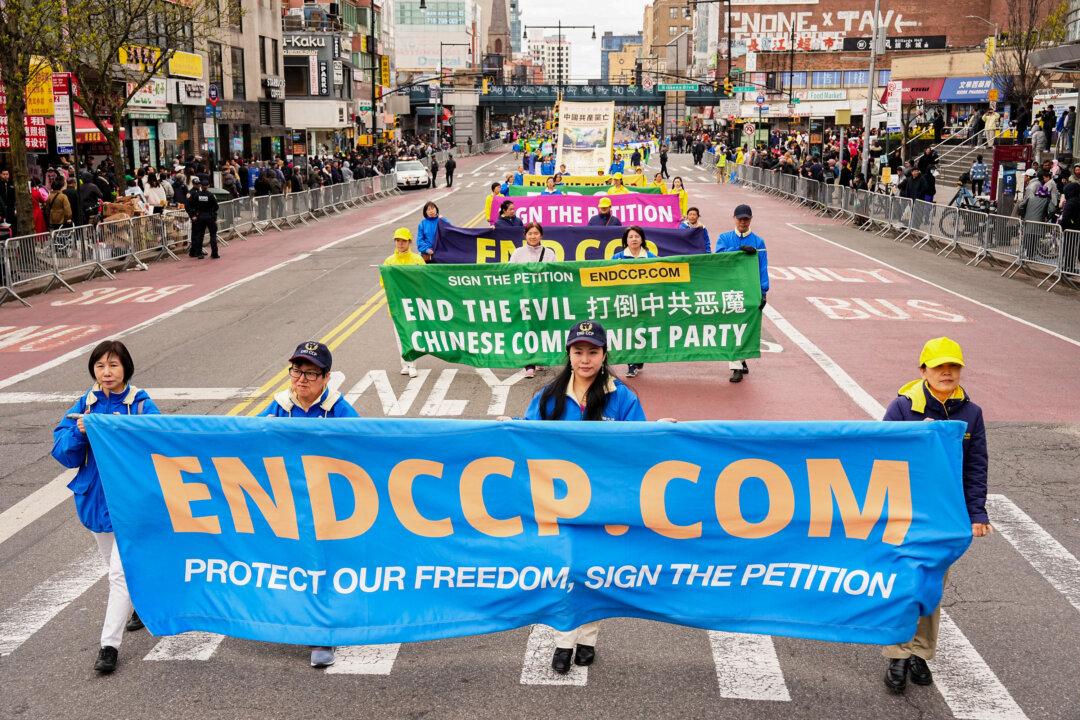Australia’s technical advisory body to the federal health minister has distanced itself from the use of vaccine mandates—a measure which has been criticised by the World Health Organization (WHO), arguing that it should be an “absolute last resort.”
The head of the Australian Technical Advisory Group on Immunisation (ATAGI), Dr. Chris Blyth, was asked on Dec. 8 why the country’s state and territory governments were handing down vaccine mandates for businesses when 80 to 90 percent of the population was already vaccinated.
His response was, “I don’t think that’s ATAGI’s role to answer that question.”
“We provide technical advice, and we believe in the benefits and safety of vaccinations but how they are implemented and rolled out is absolutely up to the state’s public health orders,” he told the Senate Committee on Education and Employment.
“ATAGI has not provided a recommendation for mandates at any time point.”
ATAGI’s comments come after the WHO’s Europe Director Hans Kluge said the measure should only be applied when all other feasible options to improve vaccination uptake have been exhausted.
He told reporters that while mandates could increase vaccination rates, governments should consider the effect it would have on “public confidence and public trust.”
“The effectiveness of mandates is very context specific,” Kluge said. “What is acceptable in one society and community may not be effective and acceptable in another.”
His comments come after Austria became the first country in Europe to make COVID-19 vaccinations mandatory for all residents over the age of 14, with the measure going into effect Feb. 1 next year.
Hold outs will be fined 3,600 euros (US$4,066) every three months until they are vaccinated.
Meanwhile, in recent months, Australian state and territory governments have rolled out a series of vaccine mandates to speed up the inoculation rate of the population.
The mandates cover millions of Australian workers who risk losing their ability to practice their chosen profession if they do not comply.






Friends Read Free